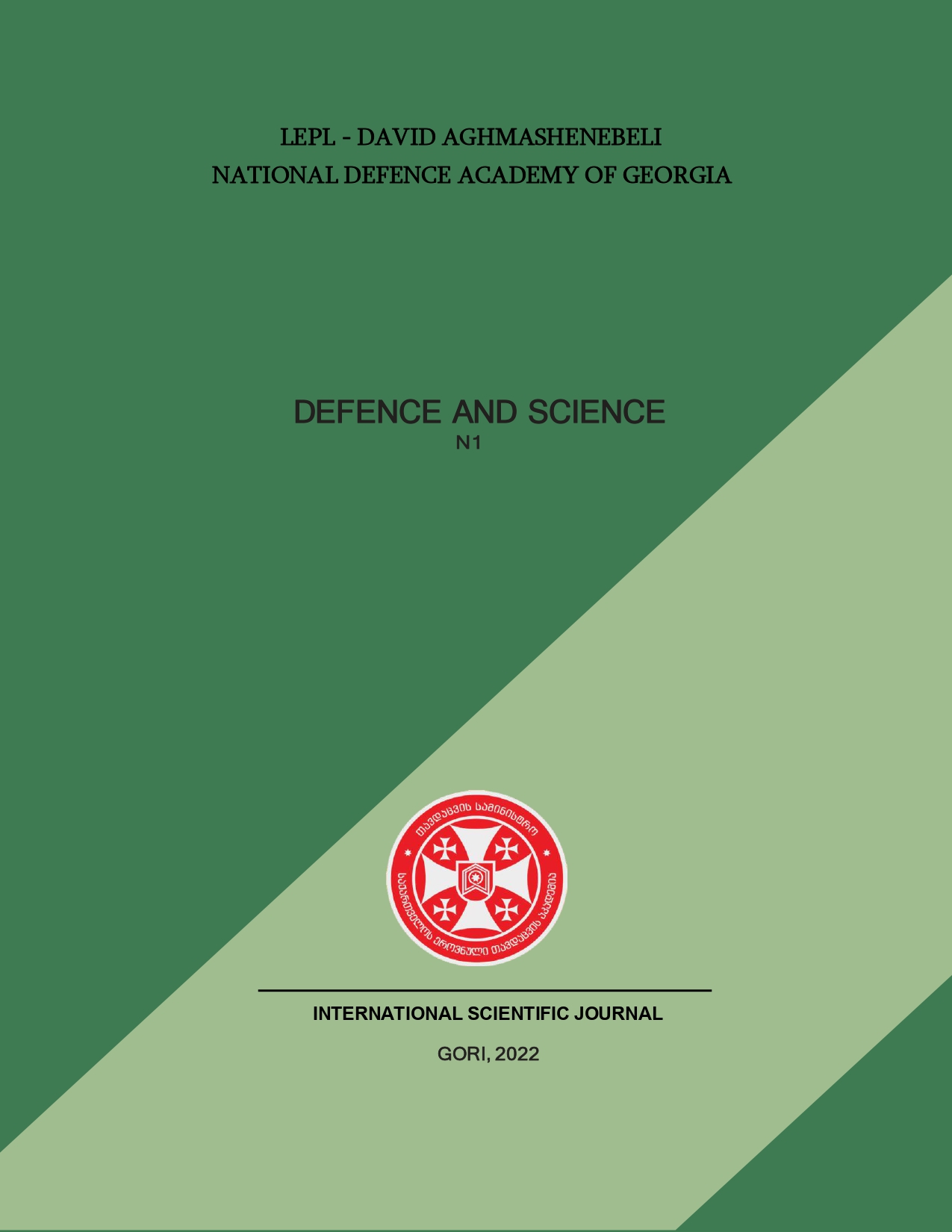National Security Problems Related To Ethno-religious Groups In The South Caucasus (Georgian Case)
DOI:
https://doi.org/10.61446/ds.1.2022.6460საკვანძო სიტყვები:
Georgia, Conflict, Integration, Ethnic minorities, Hybrid war, Threat, Religion, Toleranceანოტაცია
Georgia is a polyethnic country. Armenians, Azeris, Russians, Greeks, Kurds, Kists, Dagestanis and other ethnic-confessional groups live next to Georgians. Thus, the traditions of inter-ethnic relations have a long history in Georgia.
Multiethnicity is one of the most important factors in the democratic development of a society, but in certain geopolitical conditions it can also be dangerous. For centuries, the invaders pursued anti-Georgian demographicpolicies in Georgia, compactly displacing members of other ethnic groups to the border areas of states inhabited by the same ethnic group, and deliberately creating micro-islands of ethnic minorities. It is in these two micro-islands that conflict has already erupted, while the other two regions carry the risk of the conflict.
Identifying the risks facing the state, justifying the need for preventive measures, and integrating ethno-religious minorities into the common state is the main task of our research.
The methodological basis of the research is the universal scientific principles of objectivity, comprehensiveness and systematics, historical-comparative and historical-typological methods.
The factual materials presented in the article make clear the factors hindering the general state integration, the problems related to the functioning of the state language, the different foreign policy orientations of the ethnic groups.
The article highlights the qualitative issues of integration of ethnic minorities in Georgia, strengthening the teaching of the state language, protection of cultural values of ethno-religious minorities, raising the degree of their involvement in public, political and cultural life.











